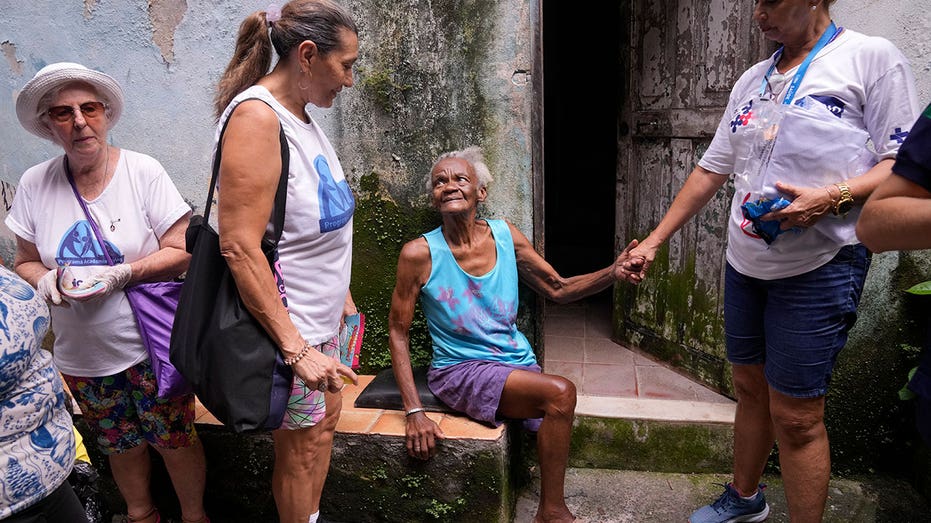A top court in St. Vincent and the Grenadines upheld laws on Friday that criminalize gay sex, a blow to activists who have long decried the violence the LGBTQ+ community has faced on the conservative Caribbean archipelago.
The ruling by St. Vincent’s High Court stems from a 2019 case filed by two gay men from St. Vincent who live abroad, seeking to strike down colonial-era laws that call for 10 years in prison for anal intercourse and five years for “gross indecency” with another person of the same sex.
Cristian González Cabrera, a senior researcher at Human Rights Watch, called the ruling “a travesty of justice” and said it represents “tacit state endorsement” of the discrimination against the LGBTQ+ community.
ANTI-GANG TASK FORCE AGREEMENT WITH KENYA IN THE WORKS, HAITIAN GOVERNMENT SAYS
“It is a sad day for human rights in St. Vincent and the Grenadines, and the ruling will weaken the rule of law for everyone in the country,” he said.
It wasn’t immediately clear if anyone planned to appeal the ruling.
While the laws are rarely invoked, activists say they help legitimize physical and verbal abuse against the gay community on the small island of some 100,000 people.
Last year, an HRW report noted multiple instances of abuse and discrimination against gay people in St. Vincent and the Grenadines, from the case of a teenage student having his arm broken to a man being hit in the head with a bottle, causing permanent brain damage.
The archipelago nation’s Prime Minister Ralph Gonsalves has previously decried discrimination against gay people.
Along with St. Vincent and the Grenadines, there are five other English-speaking Caribbean nations with laws criminalizing gay sex. They are St. Lucia, Dominica, Jamaica, Guyana and Grenada.
Four other Caribbean nations in recent years have repealed such laws: Trinidad and Tobago; Barbados; St. Kitts and Nevis; and Antigua and Barbuda.




